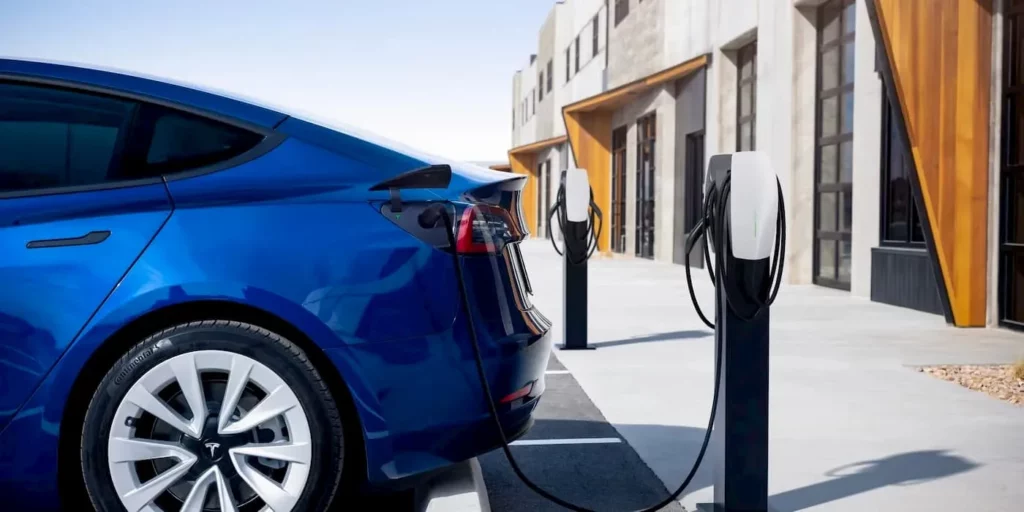Researchers’ new technology may make it possible to increase energy storage in next-generation electric vehicles (EVs) and other devices that are less likely to catch fire as a result of battery problems. The research, which was published in the journal Nature, inhibits the development of lithium dendrites, which harms the branch-like structures that form inside the so-called all-solid-state lithium batteries. As a result, businesses are unable to widely commercialize the exciting new technology.
Chunsheng Wang of the University of Maryland has developed a novel battery “interlayer” that prevents dendrite formation and may make solid-state battery production for electric vehicle use feasible. “All-solid-state batteries could lead to cars that are safer than current electric or internal combustion models, but creating a strategy to bypass the drawbacks was laborious,” Wang stated.

What are the researchers saying about the new electric vehicle battery?
According to the researchers, lithium dendrites expand toward the cathode side of these batteries when they are used at the high capacities and charging-discharging rates required by electric vehicles. This leads to short circuits and capacity degradation.
Wang said, “After we worked out that part, we came up with the idea to redesign the interlayers that would effectively suppress the growth of lithium dendrites.” People who worked on the study say that their solution is unique because it stabilizes the battery’s interfaces between the solid electrolyte and the anode (where electrons from a circuit enter the battery) and the electrolyte and the cathode (where energy flows out of the battery).
The new battery design changes the anode’s interlayer with bismuth and magnesium to stop the lithium dendrite. It also adds a fluorine-rich interlayer that keeps the cathode side stable.
The high energy and safety levels that solid-state batteries can reach make them next-generation. Wang stated that achieving high energy with present batteries will compromise safety.
According to the researchers, Solid Power intends to start testing the new technology to determine whether it has the potential to be commercialized and bring the new batteries to market by 2026.


